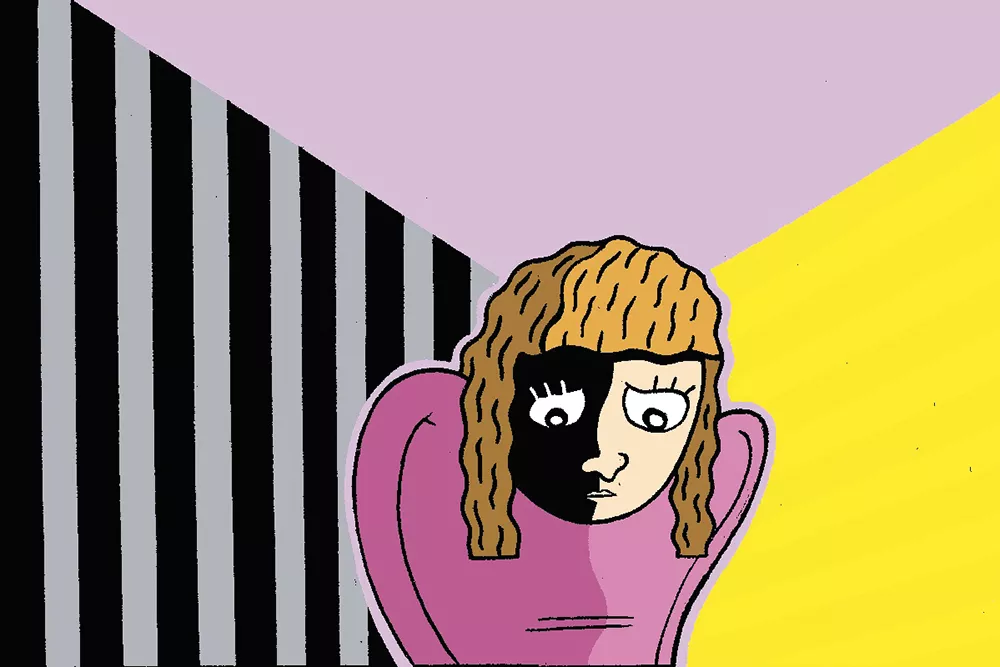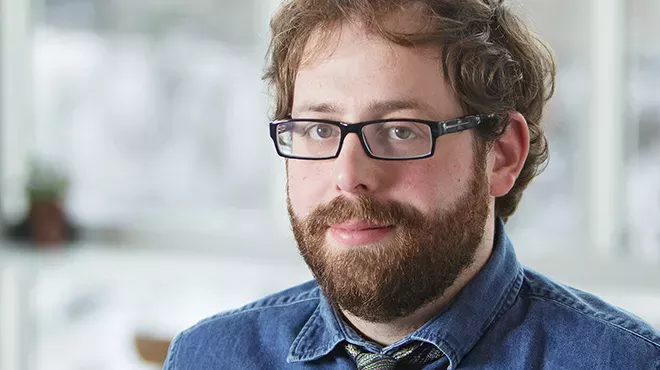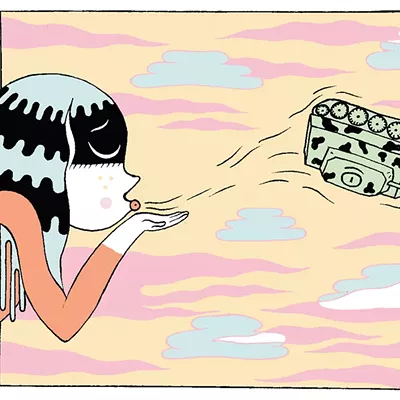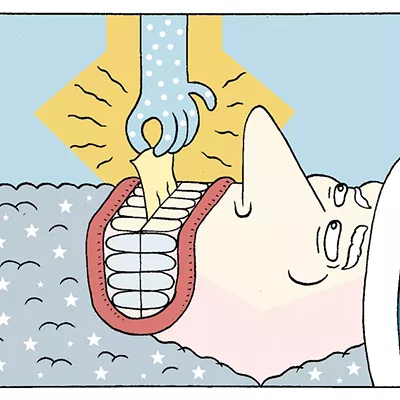My father was a criminal defense attorney. Most of his clients were guilty and oftentimes everyone knew they were. It wasn't that hard to tell after they showed up in court and pled guilty.
When I was in middle school, my father brought me with him to court with one of his clients. She had embezzled money. My dad's job, as he explained it to me, wasn't to get his client off, but to get her justice.
To him, that meant helping her make amends for her mistakes and helping her get back on her feet to live a better life. He was a fierce advocate not only for his clients' past actions, but also for their futures. It was a philosophy that made him popular with his clients and — surprisingly for a defense attorney — with prosecutors, judges and law enforcement.
One day on his way to court, he got hit by a young woman driving a pickup truck well above the speed limit. She was on a mixture of heavy drugs. He died instantly upon impact.
The local prosecutors came to my mother and asked her what she wanted them to do. They loved my father and were angry. They were ready to press charges and toss the young woman behind bars for as long as the law would allow. They said they would do whatever we wanted to make the situation right.
My mother talked it over with my two brothers and me. My younger brother and I were still in middle school. My older brother had just started high school. It was a tough conversation, but I think the right decision was obvious to all of us.
The woman who killed my father was given two options: to serve time in jail and pay our family restitution or to re-enroll in the college she had recently dropped out of and maintain a passing average till she graduated. She chose the latter and, I hope, made the best of it.
Late last year, after a nine-month study, researchers for the Council of State Governments and the Pew Charitable Trusts found that Idaho has one of the nation's highest and fastest-growing incarceration rates.
One issue is that nonviolent criminals in Idaho spend twice as long in prison as in other states. Another part of the problem is Idaho sends parolees and probationers back to prison at an extraordinary rate. Reoffenders fill more than 40 percent of prison beds and are often sent there for relatively long sentences for minor violations.
The current system is not only unjust, but incredibly expensive — costing Idaho millions of dollars to carry out punitive sentences.
A rare bright spot in this year's legislative session was the unanimous passing of a Justice Reinvestment bill, the first part of a $33-million, five-year plan to address Idaho's "revolving door of recidivism" and save $288 million in prison costs.
I miss my father, but I'm grateful that before he died, he taught me about justice; that its purpose is to leave both the perpetrator and society better off. In Idaho this year, we took a step in the right direction. ♦
John T. Reuter, a former Sandpoint City Councilman, is the executive director of Conservation Voters for Idaho. He has been active in protecting Idaho's environment, expanding LGBT rights and the Idaho Republican Party.























